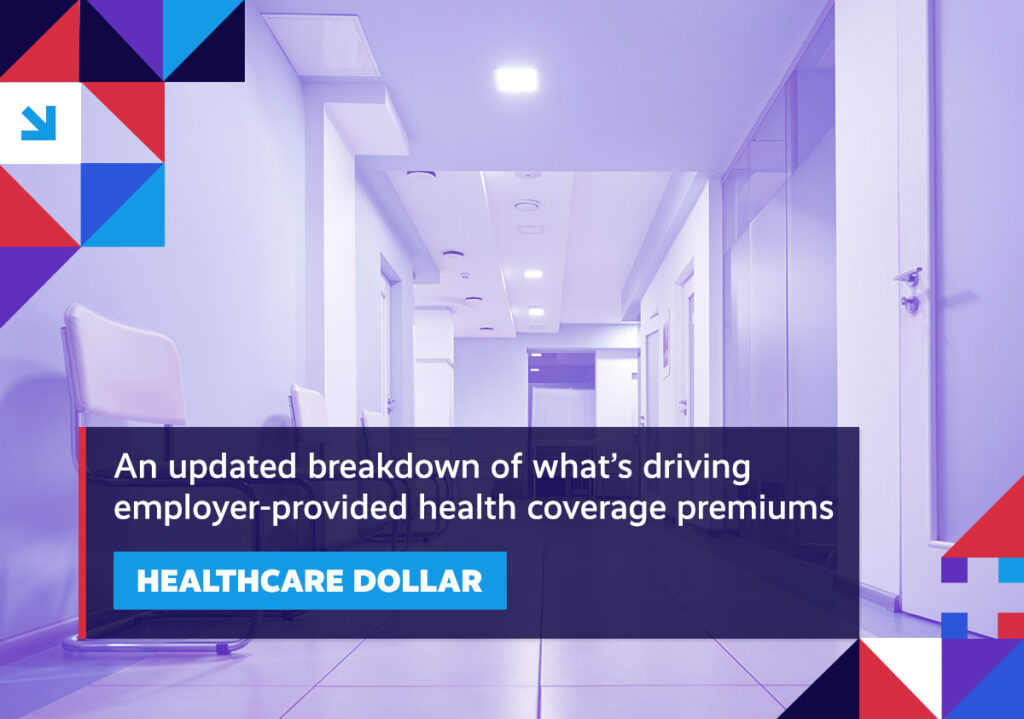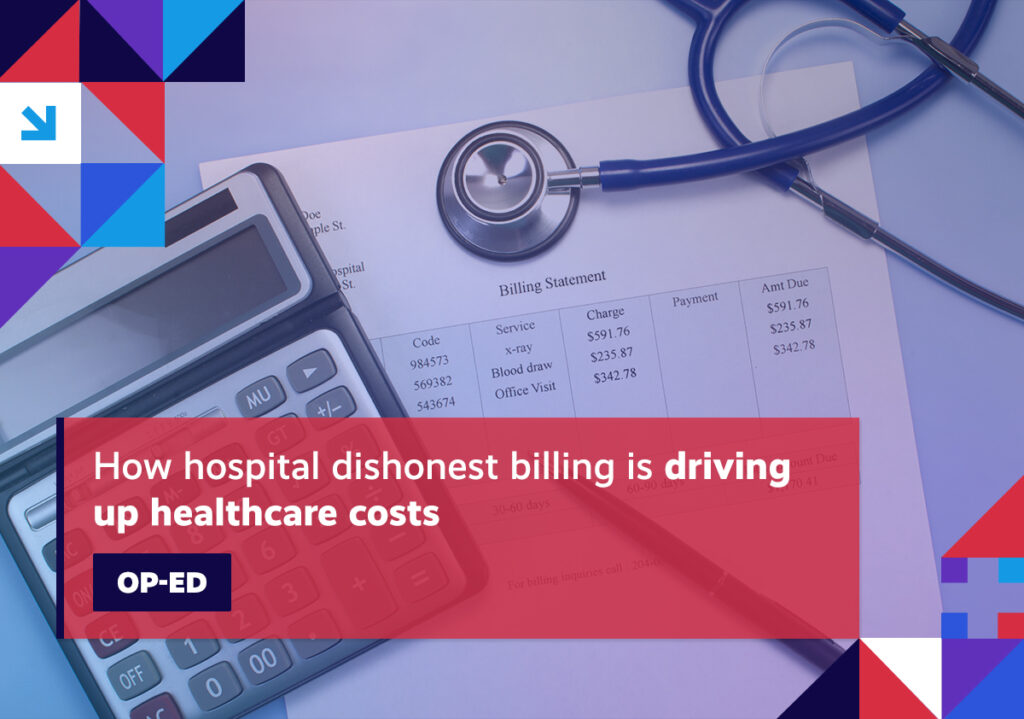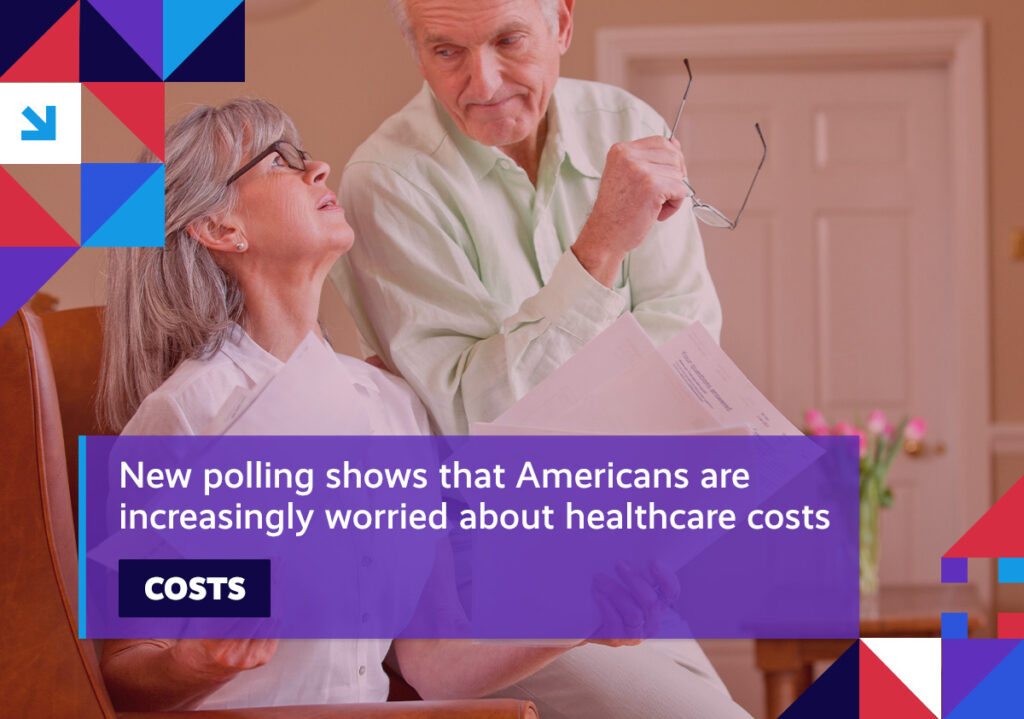A quick roundup of the issues driving the healthcare reform conversation.
Item of the Week

Spotlight
HOSPITAL BILLING Increased attention is being paid to how – and where – hospitals are billing for services.
Quick takeaway: It’s been well established that healthcare prices charged by providers differ wildly across specialties and geographies. What’s only now slowly coming to light is how wide that variance is depending on where that service is billed at having been delivered, i.e., in a hospital or otherwise.
Further context: Many healthcare services can be provided in both hospital and outpatient settings. But, despite having received care outside of a hospital, patients are increasingly finding themselves being billed as if those services had been delivered inside of one. And, as anyone who’s visited a hospital will tell you, that can be expensive.
What it means: Lawmakers at the state and federal level have set their sights on addressing the issue.
Separately, Medicare payment advisers have also weighed in, recommending that Congress move forward with site-neutral payments for certain healthcare services in the program.

MEDICAID VALUE Integrated drug benefits in Medicaid managed care plans save states, the federal government, and taxpayers billions.
Quick takeaway: A new study reinforces the value that integrated pharmacy benefits in Medicaid managed care organizations (MCOs) bring to the program that now serves 1 in 4 Americans.
Further context: Highlights from the research:
- Despite only handling 22.4 percent of prescriptions back in 2011, MCOs still managed to save Medicaid programs $1.6 billion.
- By 2021, MCOs were handling nearly three-quarters of all prescriptions, yielding an estimated $7.8 billion in savings.
RURAL THREAT Private equity firms are quietly taking over rural healthcare.
Quick takeaway: According to a new report, private equity interests now control at least 130 rural hospitals, leading to calls for heavier scrutiny and regulatory reform.
Further context: The problems already plaguing rural healthcare – poorer access and worse outcomes – speak to the criticality of increased investment in the space. Unfortunately, experts caution that that’s only attracted the interest of private equity firms, whose track record of prioritizing short-term high returns, threatens to only make things worse.
SPECIALTY Rx Hospitals charge double the price for prescription drugs compared to specialty pharmacies.
Quick takeaway: Drug markups are nothing new. But, a newly released analysis shines a light on just how much these markups are costing consumers.
Further context: According to the data, on average, hospitals charge 118 percent more than specialty pharmacies, while physician offices charge 23 percent higher prices.
Specialty pharmacies offer services and handle prescriptions for medicines used to treat rare and complex medical conditions. These specialty drugs often come with high price tags and require special handling, which providers exploit to their benefit.
What it means: As recently highlighted, nearly 80 percent of the drugs that the FDA is expected to approve this year are specialty drugs. With that in mind, the role that specialty pharmacies play in helping control prescription drug costs will only grow increasingly important.
Spotlight

| You can keep up with the latest by following the Health Action Network on Twitter and by liking us on Facebook. And, be sure to check us out on LinkedIn, too. As always, let us know if there’s something you’d like to see covered in a future newsletter. |
The Health Action Network includes everyday Americans—families, workers, businesses, patients, providers, neighbors, and friends. We are working together because we support market-based solutions that offer better healthcare choices and help build a stronger economy. The Health Action Network is an Elevance Health, Inc., initiative.
